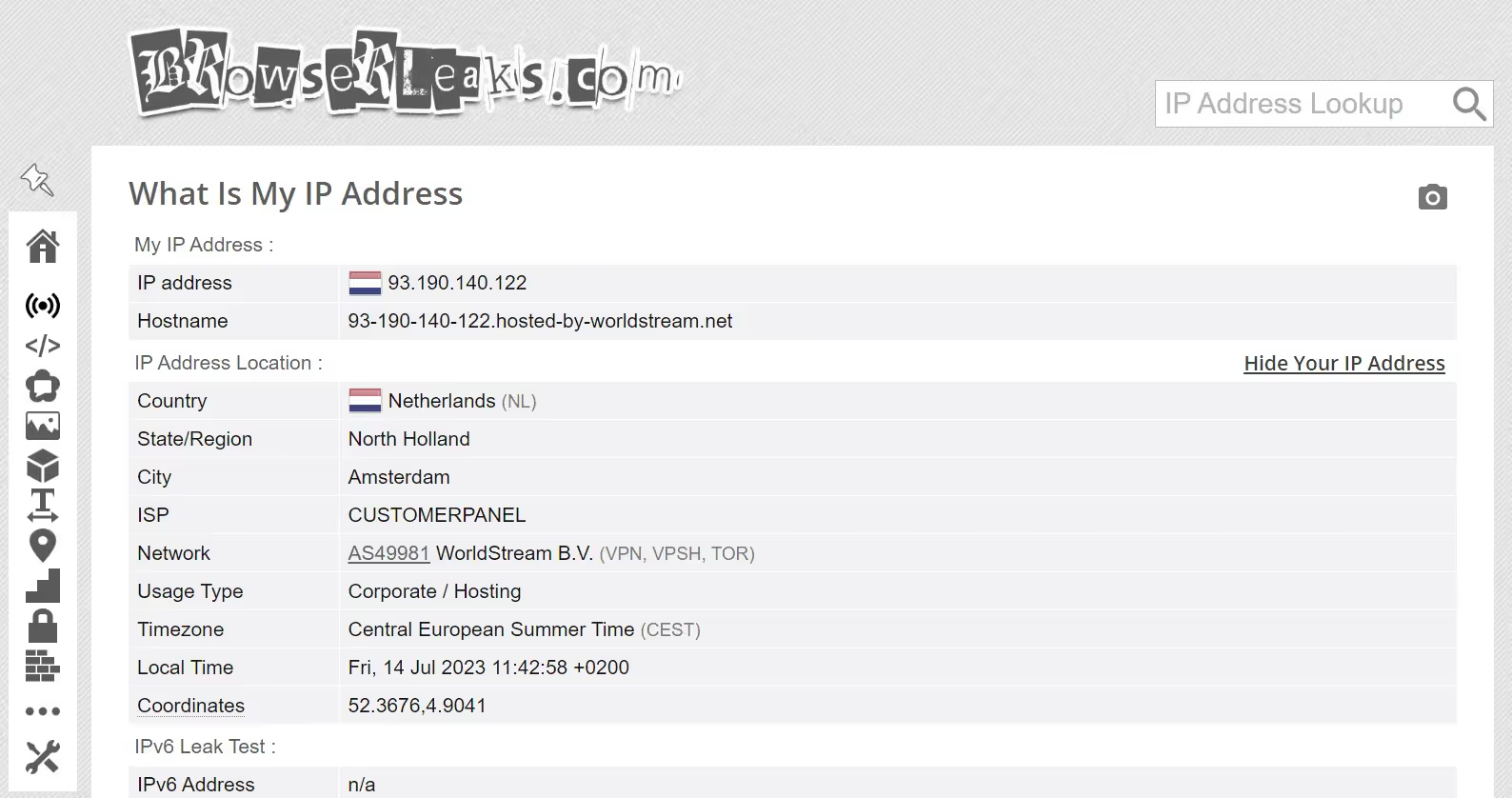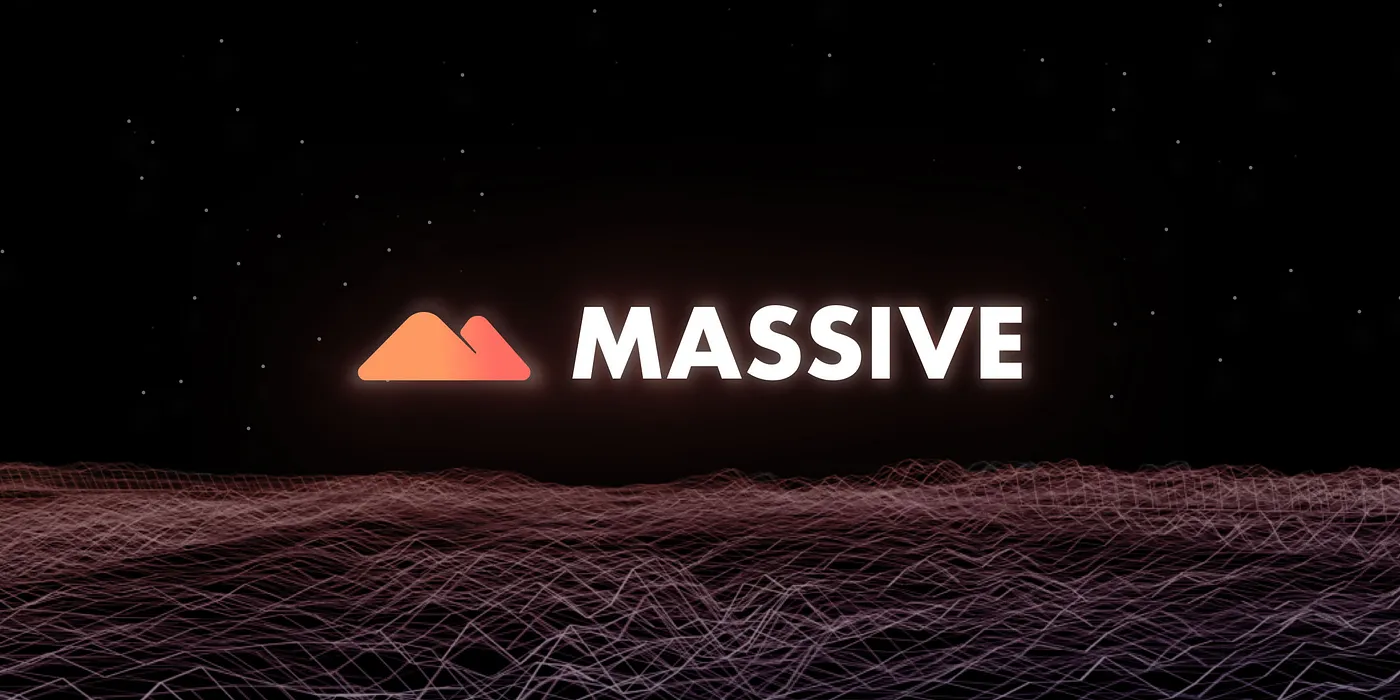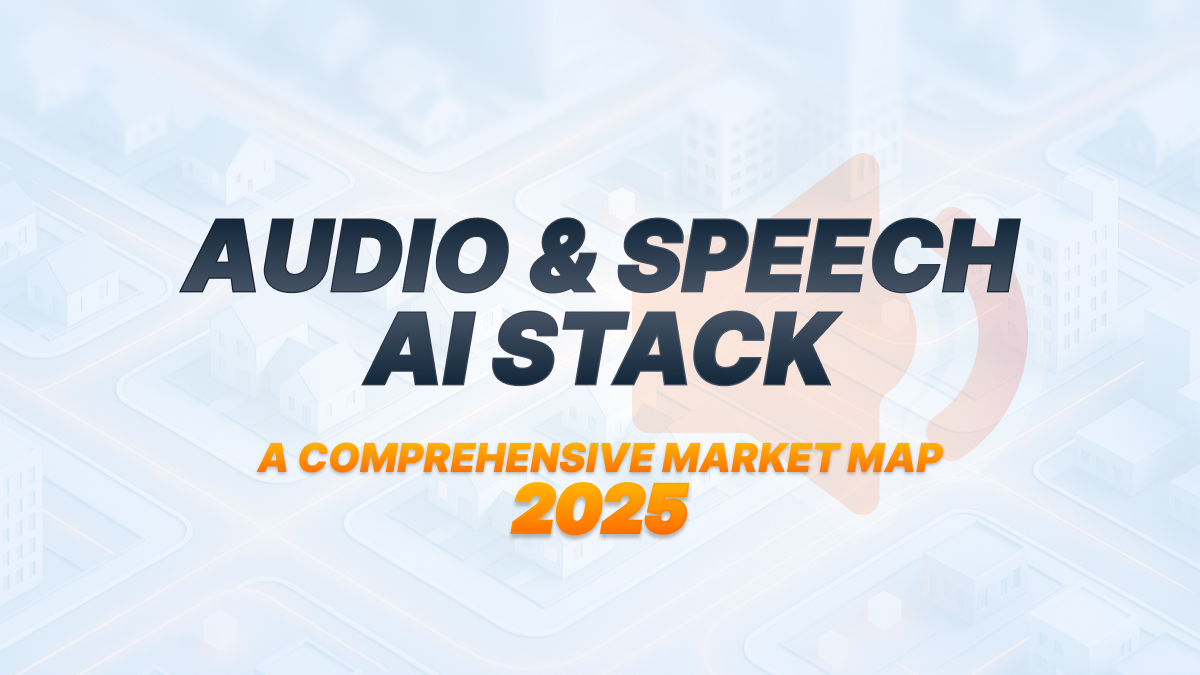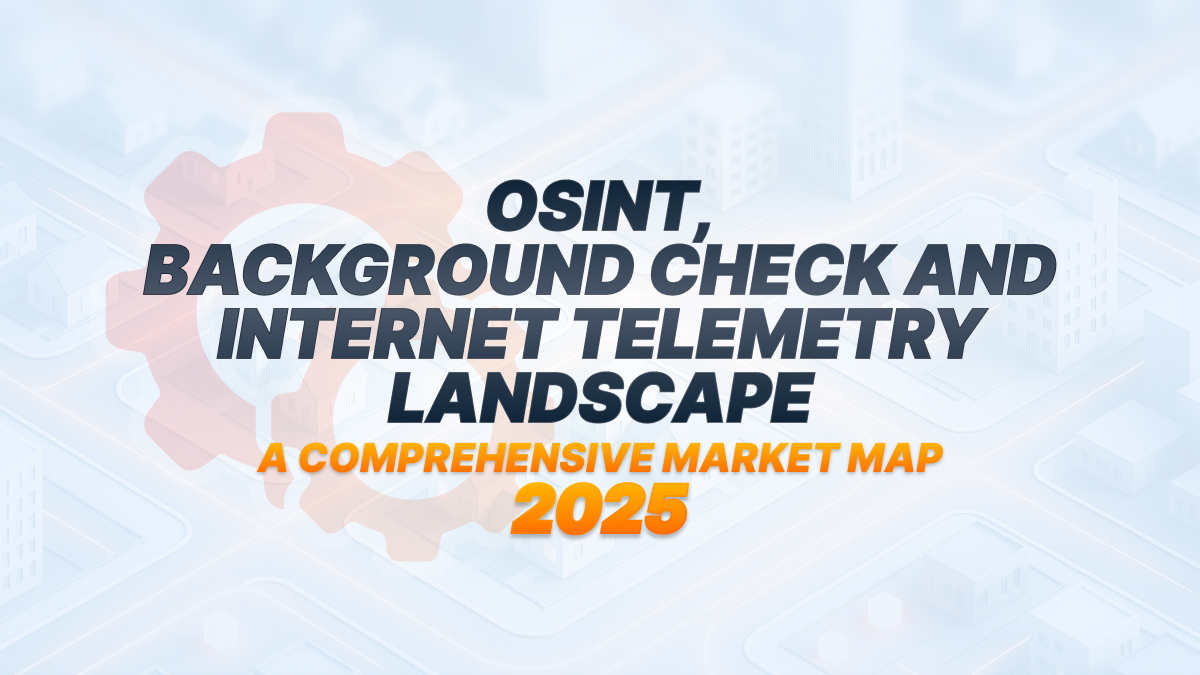The anti-detect browser market has reached unprecedented sophistication in 2025, driven by escalating digital surveillance, increasingly intelligent web tracking technologies, and exploding demand for multi-account management across legitimate business operations.
Following the catastrophic National Public Data breach that exposed 2.9 billion records in 2024, businesses worldwide have accelerated their adoption of privacy-focused browsing solutions, transforming a niche market into a $2.3 billion industry.
For web scraping professionals, data collectors, and proxy users, choosing the right anti-detect browser has become mission-critical. Modern platforms deploy machine learning algorithms to detect automation, requiring solutions that go far beyond simple user-agent spoofing.
Today's anti-detect browsers integrate behavioral AI, kernel-level fingerprint masking, and sophisticated proxy management to maintain operational success rates above 95%.
This comprehensive analysis examines the top 10 anti-detect browsers through the lens of professional data collection operations, evaluating each platform's fingerprinting capabilities, automation support, proxy integration, and real-world performance metrics based on extensive user feedback from web scraping communities, technical benchmarking, and industry recognition.
How To Choose The Right Anti-Detect Browser: Essential Evaluation Criteria
Before diving into our comprehensive analysis, it's crucial to understand the systematic approach for evaluating anti-detect browsers. Based on extensive testing methodology developed by proxy and web scraping professionals, here are the five essential criteria every user should apply when selecting their browser solution.
1. Spoofing Quality Assessment
To see how well anti-detect browser works, it's best to try it out with the website you want to use. This method gives you the most accurate results, even though it can be a bit complicated.
If you don’t have the time for a full test, you can use online tools called "checkers." These tools look at the data your browser shares with websites and create a digital fingerprint based on that information. They then compare your fingerprint with their database to see if you look like a unique user.
Checkers test different things, like your IP address and location, fonts, screen size, time and language settings, and hardware details like Canvas and WebGL. Some popular checkers include Browserleaks, CreepJS, and PixelScan.
Keep in mind that a checker can point out problems not just with the multi-accounting browser but also with the proxy you're using. If the results aren’t good, try changing your proxy first to see if that helps before deciding the browser isn't working well. This can often fix any issues and improve how your browser appears online.

2. Feature Alignment With Operational Requirements
When choosing a anti-detect browser, the specific features you need will depend on your goals. Most basic options include customizable fingerprint settings, tools for managing proxies, an API for automation, team collaboration features, and options for bulk operations to streamline repetitive tasks. To find the best features for your needs, it’s a good idea to check out different browsers yourself.
3. Kernel Update Responsiveness
To ensure a anti-detect browser works well and blends in with regular users, it should update its kernel soon after the main browser it’s based on, which is usually Google Chrome. A good indicator of a reliable browser is if it updates its kernel within a week of a new Chromium release.
You can check the current version and release date of the Chromium Stable kernel on official sites. Then, compare this information with the release dates of the anti-detect browser, which you can usually find in the news section on its website or its social media pages.

While the speed of updates is crucial, it’s helpful to look at how quickly different versions of the browsers you’re considering were released. Although this might take some time to analyze, it will give you a clearer picture of how responsive the developers are to updates.
4. Community Ecosystem And Knowledge Sharing
To determine how stable a multi-accounting browser is, you should use it for your specific tasks over time. However, since no one wants to spend months figuring this out, you can learn from others’ experiences.
Check official chat groups or forums related to the browser. If users consistently report problems with stability or updates, this is a warning sign. While it’s normal for users to discuss issues, multiple complaints over a long time suggest there might be significant problems with that browser.
5. Customer Support Quality And Accessibility
Getting to know the community around a anti-detect browser can be very helpful. A large and active community allows you to ask questions, share experiences, and connect with others who use the same tool. If you ever have a question that the support team can’t answer, you can turn to the community for help.
When choosing a browser, consider the size and activity of its community, the topics that are discussed, and whether there’s a chat available in your language.
Also, don’t overlook the importance of support. Even with a great browser, you might run into issues or have questions. It’s crucial to check if the browser offers support in your language and how quickly they respond. You can do this by reaching out to their support team with a question. If their response time or quality isn’t satisfactory, it might be a good idea to explore other options.
Market Landscape And Key Developments
The anti-detect browser ecosystem has undergone a dramatic transformation in 2025, with cloud-native architectures replacing traditional desktop-only solutions and AI-driven behavioral simulation becoming the new standard for detection avoidance.
The market now serves over 60% of enterprise market research teams, with legitimate use cases spanning competitive intelligence, price monitoring, social media management, and e-commerce operations.
Critical Developments Shaping 2025:
- Behavioral AI integration that simulates realistic human browsing patterns, including mouse movements, scrolling speeds, and keystroke dynamics
- Mobile-first solutions addressing the shift toward mobile app management and social media automation
- Enhanced security protocols meeting GDPR and CCPA compliance requirements while providing advanced encryption
- Seamless automation integration with Selenium, Puppeteer, and Playwright frameworks optimized for large-scale operations
The competitive landscape has consolidated around three tiers: premium enterprise solutions ($100+ monthly), mid-market platforms ($30-80 monthly), and budget-friendly options ($10-30 monthly), each serving distinct operational requirements and scale needs.
Top 10 Anti-Detect Browsers: Comprehensive Analysis
1. Multilogin - The Enterprise Gold Standard
Pricing: €99-€159/month | Target users: Enterprise teams, professional agencies | Market position: Industry veteran leader
Multilogin maintains its position as the definitive professional standard with the most sophisticated fingerprinting technology and comprehensive feature set. After 10 years of continuous development, it offers unmatched reliability for high-stakes operations requiring maximum stealth and automation capabilities.
Core strengths for data collection:
- Advanced fingerprinting with 25+ configurable parameters and daily testing on 50+ major platforms
- Built-in residential proxy network covering 150+ countries with 30+ million IPs and 95% clean IP record
- Enterprise automation suite supporting Selenium, Puppeteer, and Playwright with AI Quick Actions
- Dual browser engines (Mimic and Stealthfox) with automatic updates every 2-4 weeks
Technical capabilities:
- Concurrent profiles: 1,000+ with cloud synchronization
- Profile startup time: 3-5 seconds with excellent memory management
- API performance: Sub-200ms response times with a comprehensive REST API
- Security features: AES-256 encryption, GDPR compliance, and enterprise 2FA
User sentiment: Consistently rated 4.4-4.8/5 across platforms, with professionals praising its reliability for passing strict detection tests. Web scraping specialists report 90%+ success rates on sophisticated platforms when properly configured. However, the premium pricing ($99+ monthly) limits adoption among solo operators and small teams.
Best for: Large agencies managing hundreds of profiles, professional traffic arbitrage teams, enterprise data collection operations requiring maximum reliability and built-in proxy infrastructure.
2. Octo Browser - The Performance Innovator
Pricing: €29-€329/month | Target users: Professional teams, performance-focused users | Market position: Rapidly rising premium option
Octo Browser has emerged as the fastest-growing professional solution, winning "Best Anti-Detect Browser 2024" at both MAC Affiliate Conference and Affiliate Space Awards. Its focus on performance optimization and modern user experience has attracted users seeking alternatives to established platforms.
Performance advantages:
- Lightning-fast operation with 1-2 second profile startup times and optimized memory usage (90-130MB per profile)
- Real device fingerprints exclusively sourced from authentic hardware configurations
- Advanced bulk operations supporting 2,000+ concurrent profiles with intelligent resource management
- Kernel-level spoofing providing superior fingerprint isolation and detection resistance
Technical specifications:
- Browser engine: Latest Chromium with updates within days of official releases
- Automation support: Full Selenium/Puppeteer/Playwright integration with enterprise API
- Security: Advanced AES encryption with comprehensive audit trails
- Team features: Granular role management and profile sharing capabilities
User experience: Achieves exceptional 4.8-4.9/5 ratings with users highlighting its superior speed and stability. Professional reviewers note: "I've used every major anti-detect browser — none come close to Octo in terms of speed, usability, and security."
Considerations: As a newer platform (launched in 2021), it has a smaller user base than established competitors. No free plan available, with pricing starting at €29 monthly.
Best for: Performance-conscious professionals, teams requiring rapid profile switching, users seeking modern alternatives to legacy platforms.
3. AdsPower - The Accessible Automation Leader
Pricing: $5.40-$146/month | Target users: Beginners, small agencies, automation-focused users | Market position: Budget-friendly with advanced features
AdsPower has captured significant market share by combining affordability with powerful automation capabilities, serving over 5 million users across 235 countries. Its strength lies in making advanced multi-account management accessible to non-technical users through visual automation tools.
Automation advantages:
- No-code RPA (Robotic Process Automation) allows users to record and replay complex action sequences
- Window synchronizer for simultaneous actions across multiple profiles
- Dual browser engines (SunBrowser/FlowerBrowser) supporting Chrome and Firefox workflows
- Comprehensive team collaboration with flexible role-based permissions
Value proposition:
- Forever free plan with 5 profiles for testing and light usage
- Lowest entry pricing at $5.40 monthly for 10 profiles
- User-friendly interface designed for beginners with comprehensive tutorials
- Strong customer support achieving perfect 10/10 rating for support quality
Technical limitations:
- No built-in proxies requiring separate proxy procurement (adds $20-30 monthly to total cost)
- Less advanced fingerprinting compared to premium alternatives
- Resource-intensive when running multiple profiles simultaneously
User feedback: Maintains 4.7/5 ratings with praise for affordability and automation features. Users report: "Perfect for beginners wanting automation without coding knowledge, though profiles sometimes get flagged on sophisticated platforms."
Best for: Budget-conscious users, social media marketers, e-commerce sellers, and teams needing powerful automation without technical complexity.
4. Kameleo - The Technical Powerhouse
Pricing: €59-€1,499/month | Target users: Experts in browser automation, web scraping, and coding | Market position: Flexible and cost-efficient leader
For experts in web scraping and browser automation, Kameleo delivers both power and simplicity. It supports multiple browser engines and deep fingerprint customization - all while working well out of the box. In 2025, its pricing was updated to a concurrent-browser model, offering unlimited profile creation and a Free Tier so users can start automating at no cost.
Technical superiority:
- Multi-engine support via Chroma (Chromium-based) and Junglefox (Firefox-based), emulating Chrome, Firefox, Edge, and Safari, with native mobile emulation
- Intelligent Canvas Spoofing technology providing superior anti-detection capabilities
- Works flawlessly out of the box with default settings, while allowing advanced fine-tuning for power users
- Advanced API suite with Python, JavaScript, and C# SDKs
- Scalable, budget-friendly automation: easy to scale, optimized for high-volume use
Unique capabilities:
- Unlimited profile creation, storage, and team members on all paid plans (major 2025
update) - Local storage options for enhanced privacy and security
- Cross-platform fingerprint consistency across desktop and mobile platforms
- Deep customization with granular control over every fingerprint parameter
Complexity considerations:
- Easy for multi-accounting or affiliate marketing; customization for experts + full, example-
rich documentation - Flexible proxy integration: works with any proxy via the built-in proxy manager (requires connection to third-party proxy providers). Advanced settings are available, but not mandatory for excellent results
User assessment: Users highlight Kameleo’s rare combination of ease of use and deep customization options, though support is limited to weekdays only, but users get expert technical assistance. Web scraping specialists report excellent results when properly configured.
Best for users who just want things to simply work—whether automating or not—yet built by a top-tier dev squad delivering a sophisticated, high-quality solution.
5. MoreLogin – The Authentic Fingerprint Generator
Pricing: From $9/month | Target users: E-commerce, social media marketing, traffic arbitrage, Web3, automated operations
Morelogin is a leading browser security company with seven years of experience and over 5,000,000 protected accounts. MoreLogin uses machine learning to generate real canvas fingerprints from billions of users—far beyond traditional fingerprint browsers. By supporting more than 50 devices and browser parameters, we provide one of the most secure environments for keeping accounts safe and undetected.
Key Advantages:
- Operate within the main browser with real-time multi-window synchronization. Easily manage dozens or even hundreds of accounts.
- Unique dynamic island design with floating, quick controls for smooth and efficient operation.
- Supports multi-screen expansion for more flexible and convenient operation.
- One-click contact with product experts. They are available 24/7 to provide guidance and support.
- Supports real-time collaborative management by multiple members. Teams can securely access the platform anytime, anywhere, ensuring efficient response and stable business operations.
Advanced Technology:
- MoreLogin employs machine learning and six-layer encryption technology to generate a massive number of real canvas fingerprints.
- Supports Chrome and Firefox, easily adapting to various platforms for smoother operation and a more seamless experience.
- When creating an environment, the system automatically matches the language, time zone, and location of the proxy region, creating a realistic and natural browsing experience.
- Seamlessly integrates with mainstream automation frameworks such as Selenium, Puppeteer, and Playwright through local APIs.
- Based on your device and environment information, a unique key is generated for each fingerprint browser, and all sensitive configurations are securely stored locally.
User feedback: Most users report that MoreLogin's UI is intuitive and easy to use. The synchronizer allows for the simultaneous operation of multiple independent accounts/browsing environments on a single device, which is very convenient. Compared to some competitors, its price is relatively affordable (basic plan starts at ~ $9/month) and flexible, making it friendly to users with limited budgets or those just starting.
6. GeeLark - The Mobile-First Innovator
Pricing: Free-$19/month | Target users: Mobile app managers, TikTok specialists | Market position: Revolutionary cloud phone pioneer
GeeLark has revolutionized the anti-detect landscape by introducing the world's first anti-detect phone, providing complete Android environments in the cloud rather than just browser fingerprint masking. This Singapore-based innovation addresses the growing need for mobile app management across platforms like TikTok, Instagram, and e-commerce apps.
Unique cloud phone advantages:
- Real Android devices in the cloud with authentic IMEI, MAC addresses, and hardware signatures
- Complete mobile ecosystem supporting native apps, GPS spoofing, and mobile-specific features
- TikTok optimization with specialized automation tools for video posting and account warming
- Multiple Android versions (10-14) with authentic device profiles
Technical innovation:
- Cloud-based infrastructure eliminates the need for physical devices
- Per-minute billing model optimizing costs during inactive periods
- GeeBrowser integration providing unique mobile fingerprints
- Synchronizer tools for coordinated multi-device operations
Market reception: Rapidly growing user base with strong adoption among mobile marketers and TikTok specialists. Users report exceptional success rates on mobile-first platforms where traditional browsers fall short.
Considerations: Higher complexity compared to traditional browsers, primarily Android-focused (no iOS support), newer platform with evolving documentation.
Best for: TikTok marketers, mobile app specialists, e-commerce sellers focusing on mobile platforms, teams requiring authentic mobile device simulation.
7. DICloak - The Balanced Newcomer
Pricing: Free-$39/month | Target users: Budget-conscious professionals, small-medium teams | Market position: Feature-rich affordable alternative
DICloak has emerged as a compelling mid-market solution, offering enterprise-level features at accessible pricing with emphasis on user-friendly operation and comprehensive automation capabilities. Starting at just $8 monthly, it provides exceptional value for teams seeking advanced functionality without premium costs.
Value proposition:
- Comprehensive feature set including RPA automation, bulk operations, and team collaboration
- Competitive pricing starting at $8/month with a 45% discount on annual plans
- User-friendly interface designed for both beginners and professionals
- Built-in automation tools with drag-and-drop script creation
Technical capabilities:
- Chrome-based engine supporting Windows, macOS, and Linux
- Advanced fingerprinting with customizable parameters across 25+ attributes
- Proxy integration supporting HTTP/HTTPS/SOCKS5 with bulk management
- Team features including profile sharing, permission management, and audit logs
Automation strengths:
- RPA system enabling complex workflow automation without coding
- Template library with pre-built scripts for common platforms
- Recording functionality, capturing user actions for script generation
- Bulk operations for efficient multi-profile management
User feedback: Growing positive reception for balancing features with affordability. Users appreciate the intuitive interface and powerful automation capabilities, though some note that it's newer compared to established alternatives.
Best for: Small to medium teams, budget-conscious professionals, users seeking powerful automation features, and teams transitioning from manual operations.
8. Hidemyacc - The Vietnamese Contender
Pricing: $5-$199/month | Target users: Asian markets, budget-focused users | Market position: Regional alternative with strong value
Hidemyacc, developed by a Vietnamese team, has gained traction as an affordable alternative to premium solutions, offering solid fingerprinting capabilities with competitive pricing and regional market focus. The platform emphasizes ease of use and value-oriented pricing for budget-conscious users.
Regional advantages:
- Marco browser engine providing effective fingerprint simulation
- Competitive pricing starting at $5/month with 50% annual discounts
- Clean interface designed for simplicity and ease of use
- Multilingual website (five languages) with 24/7 live support
Technical features:
- Chromium-based architecture with comprehensive fingerprint customization
- Magic Link functionality allowing profile transfers from other browsers
- Proxy store integration with discount codes (5-20% off) from partner providers
- No-code automation with drag-and-drop script builder and recording features
- Auto-generated randomized fingerprinting when creating a profile
Value propositions:
- Free proxy inclusion starting from the Base plan
- Extensive mobile device profiles covering Android and iOS configurations
- 7-day trial with 30 profiles for comprehensive testing
- Flexible team collaboration with role-based permissions
- Plans support large numbers of profiles and include easy-account and profile-sharing modes designed specifically for team-scale management
User sentiment: Positive reception in target markets with praise for value proposition and interface design, though some users note limitations in advanced features and automation capabilities.
Best for: Budget-conscious users, Asian market operations, small teams seeking affordable alternatives, users prioritizing value over advanced features.
9. Dolphin{anty} - The Affiliate Specialist
Pricing: Free-$299/month | Target users: Affiliate marketers, automation professionals | Market position: Community-driven solution
Dolphin{anty} has built a dedicated following among affiliate marketers through its focus on social media automation and no-code scenario building, serving over 2 million users despite a notable 2022 security incident.
Automation strengths:
- Visual scenario builder enabling complex automation without programming
- Real device fingerprints from authentic hardware for improved authenticity
- Specialized social tools optimized for Facebook, TikTok, and other platforms
- Strong community support with active user forums and templates
Market positioning:
- 10 free profiles permanently with the option to upgrade
- Focus on Affiliate marketing with specialized features for traffic arbitrage
- No-code approach appealing to non-technical users
- Community-driven development with user-requested features
Security considerations: Experienced a data breach in July 2022 affecting 15% of users, though security has since been enhanced. Some users report occasional stability issues during high-load periods.
User experience: Popular among affiliate marketers for automation capabilities, though some users criticize support quality and occasional crashes.
Best for: Affiliate marketers, social media automation specialists, users prioritizing visual automation over technical depth.
10. GoLogin - The Balanced Alternative
Pricing: $49-$199/month | Target users: Small-medium businesses, growing teams | Market position: Mid-market Swiss Army knife
GoLogin has established itself as the primary alternative to premium solutions, offering a balanced feature set at accessible pricing with strong cross-platform support, including a dedicated Android app.
Balanced approach:
- Cross-platform availability on Windows, macOS, Linux, and Android
- Built-in datacenter proxies reducing setup complexity
- Cloud-based architecture with web interface accessibility
- Generous trial period with 7-day full-feature testing
Market appeal:
- 15,000+ active customers managing 1.5+ million accounts
- Affordable per-profile pricing starting at $49 for 100 profiles
- User-friendly onboarding suitable for non-technical users
- Strong community support with active user forums
Performance concerns: Users report mixed results on sophisticated platforms, with some noting higher detection rates compared to premium alternatives. API documentation is considered less comprehensive than enterprise solutions.
User sentiment: Achieves 4.0-4.8/5 ratings with praise for the balance of features and pricing. Professional feedback: "Good entry point for teams, but shows limitations with automation-heavy or fingerprint-sensitive tasks."
Best for: Small to medium businesses, teams transitioning from manual to automated operations, users seeking affordable multi-platform support.
Comprehensive Feature Comparison
Fingerprinting Sophistication
Tier 1 (Advanced): Multilogin, Octo Browser, and Kameleo lead with real device fingerprints, comprehensive parameter control, and daily platform testing. These solutions achieve 90%+ detection bypass rates on sophisticated platforms.
Tier 2 (Professional): AdsPower, GoLogin, DICloak, and Dolphin Anty provide solid fingerprinting with essential parameter coverage suitable for most use cases, achieving 80-90% bypass rates.
Tier 3 (Basic): GeeLark (specialized for mobile), Hidemyacc, and SessionBox offer fundamental protection adequate for specific use cases but may face detection on advanced platforms.
Automation Capabilities
Selenium/Puppeteer/Playwright support varies significantly across platforms. Multilogin and Octo Browser provide enterprise-grade APIs with sub-200ms response times, while Kameleo offers the most comprehensive SDK support. AdsPower and DICloak's RPA features excel for non-technical users requiring visual automation. GeeLark provides mobile-specific automation tools optimized for app interactions.
Proxy Integration
Built-in proxy advantage: Only Multilogin includes residential proxies (1GB monthly), while GoLogin provides datacenter IPs and Hidemyacc offers free proxies from the Base plan. Other platforms require external proxy procurement, adding $20-50 monthly to total costs.
Protocol support: All major browsers support HTTP/HTTPS and SOCKS protocols, with enterprise solutions offering advanced features like sticky sessions and intelligent rotation.
Team Collaboration
Enterprise-grade collaboration is strongest in Multilogin and Octo Browser, with advanced role management, audit trails, and profile sharing. AdsPower and DICloak offer excellent team features at lower price points, while budget options provide basic collaboration capabilities.
Performance Benchmarking Results
Speed And Resource Efficiency
Fastest performance: Octo Browser leads with 1-2 second startup times and optimized memory usage (90-130MB per profile). GeeLark achieves exceptional efficiency for mobile-focused operations with a cloud-based architecture.
Memory management: Resource usage ranges from 80MB (optimized solutions) to 250MB (feature-rich platforms) per active profile. Professional operations should budget 16GB+ RAM for concurrent multi-profile usage.
Detection Bypass Effectiveness
Fingerprint authenticity testing using CreepJS and BrowserScan reveals significant performance differences:
- Advanced platforms (Multilogin, Octo, Kameleo): 75-84% authenticity scores
- Professional solutions (AdsPower, GoLogin, DICloak): 60-75% authenticity scores
- Specialized/Budget options (GeeLark mobile, Hidemyacc, SessionBox): 50-65% authenticity scores
Platform-Specific Success Rates
High-risk platforms (Facebook, Instagram, Amazon) show clear performance hierarchies:
- Tier 1: Multilogin, Octo Browser achieve 90%+ success rates
- Tier 2: AdsPower, Kameleo, DICloak achieve 80-90% success rates
- Tier 3: GeeLark (mobile apps), Hidemyacc, and budget solutions achieve 70-85% success rates
Pricing Analysis And Total Cost Considerations
True Cost Calculation
Budget-friendly options (AdsPower, DICloak, Hidemyacc) require external proxy procurement adding $20-50 monthly. Multilogin's premium pricing becomes competitive when including built-in residential proxies worth $30+ monthly. GeeLark's per-minute billing offers unique cost optimization for mobile operations.
Scaling Economics
Per-profile costs vary dramatically with scale:
- High volume: Traditional browsers offer competitive scaling, with DICloak providing excellent value at $0.20-0.30 per profile
- Medium scale: AdsPower, GoLogin, and Hidemyacc provide balanced pricing around $0.30-0.50 per profile
- Professional tier: Multilogin and Octo Browser justify premium pricing through superior reliability and features
- Mobile specialization: GeeLark offers a unique per-minute mobile device billing model
ROI Considerations For Professionals
Web scraping operations report that premium solutions pay for themselves through higher success rates and reduced operational overhead. Detection events can cost thousands in lost productivity and account recovery efforts.
Use Case Recommendations
Large-Scale Web Scraping And Data Collection
Primary choice: Multilogin for maximum reliability with built-in proxies and enterprise security
Alternative: Octo Browser for performance-focused operations requiring rapid scaling
Budget option: DICloak or AdsPower with external residential proxies for cost-conscious operations
Mobile specialization: GeeLark for mobile app data collection and TikTok operations
E-commerce And Multi-Account Management
Professional operations: Multilogin or Octo Browser for sophisticated platform handling
Growing businesses: DICloak or AdsPower for automation features with team collaboration
Budget-conscious sellers: Hidemyacc for cost-effective multi-account management
Mobile commerce: GeeLark for native mobile app management and automation
Social Media Marketing And Automation
Affiliate marketing: Dolphin Anty for specialized social media tools and community support
Agency operations: DICloak or GoLogin for balanced features across multiple client accounts
Mobile-focused campaigns: GeeLark for native mobile fingerprinting and app support
Budget-conscious marketers: Hidemyacc for affordable automation with essential features
Enterprise And Compliance-Focused Operations
Regulated industries: Multilogin for GDPR compliance, enterprise security, and audit trails
Technical teams: Kameleo for deep customization and mobile integration requirements
Performance-critical applications: Octo Browser for maximum speed and reliability
Conclusion And Strategic Recommendations
The anti-detect browser market in 2025 presents clear differentiation across three distinct tiers, each serving specific operational requirements and budget constraints. Professional web scraping and data collection operations benefit significantly from premium solutions that justify their higher costs through superior reliability, built-in infrastructure, and reduced operational risk.
For Massive's audience of proxy users and data collection professionals, the analysis reveals several key strategic considerations:
Enterprise-grade operations requiring maximum reliability and built-in proxy infrastructure should prioritize Multilogin despite premium pricing. Its proven track record, comprehensive feature set, and included residential proxy network deliver exceptional value for large-scale operations.
Performance-focused teams seeking cutting-edge technology and rapid scaling capabilities should evaluate Octo Browser as a modern alternative offering superior speed and innovative features at competitive pricing.
Budget-conscious professionals can achieve excellent results with DICloak or AdsPower's automation-focused approaches when combined with quality external proxies, providing 80% of enterprise functionality at 30% of the cost.
Regional operations may benefit from Hidemyacc's competitive pricing and localized support, particularly effective for Asian markets requiring cost-effective solutions.
Technical teams requiring deep customization and mobile capabilities should consider Kameleo for its unmatched fingerprint control and cross-platform consistency.
The market's continued evolution toward AI-driven detection and cloud-native architectures suggests that investment in premium solutions will become increasingly necessary for maintaining operational effectiveness. As platforms deploy more sophisticated tracking technologies, the gap between professional and budget solutions will likely widen further.
Mobile-first operations requiring native app management should prioritize GeeLark for its revolutionary cloud phone technology, offering authentic Android environments that traditional browsers cannot match.
Success in 2025 depends on matching browser capabilities to operational requirements while considering the total cost of ownership, including proxy infrastructure, team productivity, and detection risk mitigation. The expanded ecosystem now serves diverse needs from traditional web scraping to mobile app automation, with solutions spanning budget-friendly options like DICloak and Hidemyacc to specialized platforms like GeeLark for mobile operations.

I’m an experienced Business Development and Sales Specialist turned Product Manager. Raising Happy Clients, One Proxy at a Time









